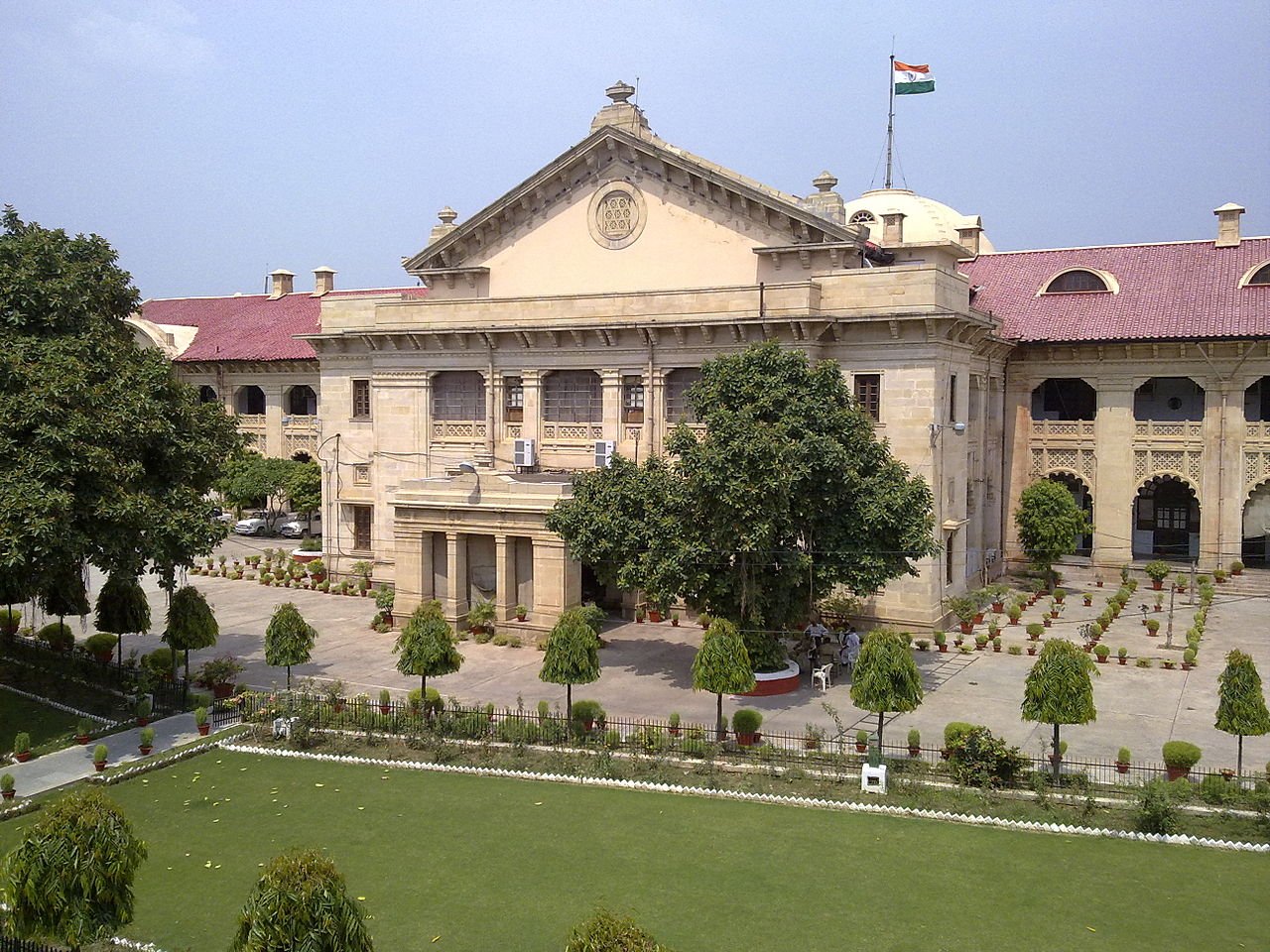Sharing or retweeting such a post would amount to “transmission” under Section 67 of the Information Technology (IT) Act thereby attracting penal consequences, the Court opined.
Recently, the Allahabad High Court made a significant ruling, clarifying that liking an offensive post on Facebook or X (formerly Twitter) does not violate Section 67 of the Information Technology Act (IT Act).
The court emphasized that sharing or retweeting such content would indeed fall under the definition of “transmission” as per Section 67 of the Information Technology (IT) Act, potentially leading to legal consequences. Justice Arun Kumar Singh Deshwal further elucidated that liking an objectionable post doesn’t equate to publishing or “transmitting” it.
In the court’s words, “Posting or messaging is considered publication, while sharing or retweeting is regarded as transmission… Liking a post does not constitute publication or transmission under Section 67 of the Information Technology Act.”
This ruling arose from a case where an individual, the petitioner, faced accusations of posting offensive content on social media. The police contended that these posts had led to a gathering of around 600 to 700 members of the Muslim community. The petitioner’s defense attorney argued that there was insufficient evidence to establish an offense.
The investigating officer pointed to an allegedly objectionable post that the petitioner had liked in response. Given the application of Section 67 of the IT Act in the case, the court closely examined the provision. It concluded that this section specifically pertains to situations where someone publishes, transmits, or causes the publication or transmission of electronic material that has the potential to deprave and corrupt the audience.
Nonetheless, the court asserted that liking such a post did not constitute publishing or transmitting it, and as a result, it did not amount to a violation of Section 67 of the IT Act or any other criminal offense. It’s worth noting that Section 67 of the IT Act pertains to obscene content rather than “provocative” content.
The court clarified, “The terms ‘lascivious or appeals to the prurient interest’ pertain to sexual interest and desire; as a result, Section 67 of the IT Act does not prescribe penalties for other provocative material.”
With no evidence linking the defendant to any objectionable post, the court concluded that there was no case against him and dismissed the charges.
The petitioner received legal representation from attorney Jai Raj, while attorney Rajeev Kr Singh represented the state.



